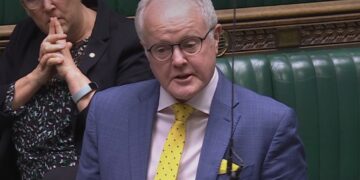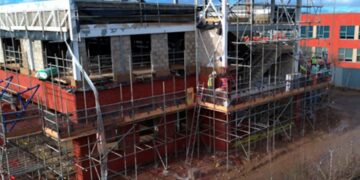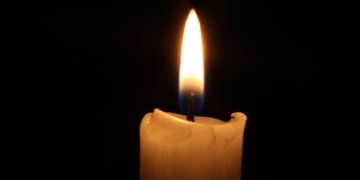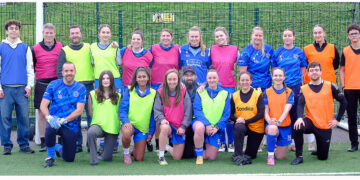THE NHS is gearing up for further strikes by junior doctors starting this weekend.
The service says that the latest in a series of strikes over pay and conditions is highly likely to have a “significant impact” on health services.
Members of the British Medical Association are set to take industrial action for five days, beginning from 7am on Saturday, February 24, and ending at 11.59pm on Wednesday, February 28.
Members of the HCSE union will begin striking at the same time until 7am on Thursday, February 29.
The NHS is prioritising resources to protect emergency treatment and critical care from impact, as well as neonatal care, maternity, and trauma care.
There will also be priority given to those who have waited longest for elective care and cancer surgeries.
Appointments will only be rescheduled where necessary with immediate rebooking, as strikes are expected to affect routine services.
Patients should attend planned appointments and scheduled treatment unless contacted directly by the NHS.
Patient are reminded to continue to use GP services as usual, contact NHS 111 to be directed to services, update repeat prescriptions and only use A&E departments in emergencies.
Dr Nick Broughton, interim Chief Executive of the NHS Buckinghamshire, Oxfordshire and Berkshire West Integrated Care Board, said: “The walkout will sadly once more bring significant challenges to our services.
“Emergencies, critical care, maternity, trauma and neonatal care safe staffing will be our absolute priority, and the NHS is working together across Buckinghamshire, Oxfordshire and Berkshire West to ensure we are there for people when they need us. We’re grateful to all our colleagues working during this time to keep services running and patients safe and we urge the public to be kind and treat all staff with respect.”
Dr Rachael de Caux, Chief Medical Officer at the NHS Buckinghamshire, Oxfordshire and Berkshire West Integrated Care Board, said: “Patients who need urgent medical care must continue to come forward as normal, especially in emergency and life-threatening cases – when someone is seriously ill or injured, or their life is at risk.
“We expect Emergency Departments to be very busy during strike action so it’s important people choose the most appropriate NHS service for their needs, and only use 999 and A&E for serious or life threatening emergencies, such as chest pain, severe bleeding or breathing difficulties.
“GP practices will be open during normal working hours togther with community pharmacies. NHS 111 online or by phone will help you get to the part of the NHS that can best respond to your needs. NHS 111 can direct you to minor injury units, urgent treatment centres and arrange for doctors or other clinicians to speak to you if you need help or more urgent attention. It may take longer during this period to be seen and treated so we ask you to please be patient.”

















































